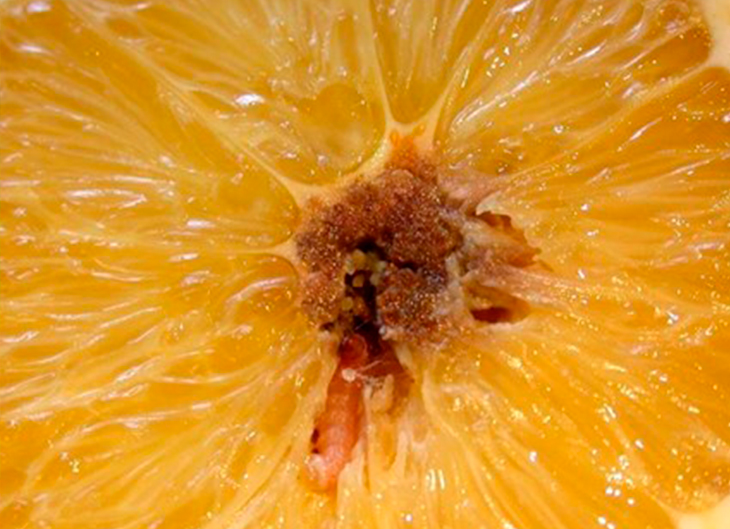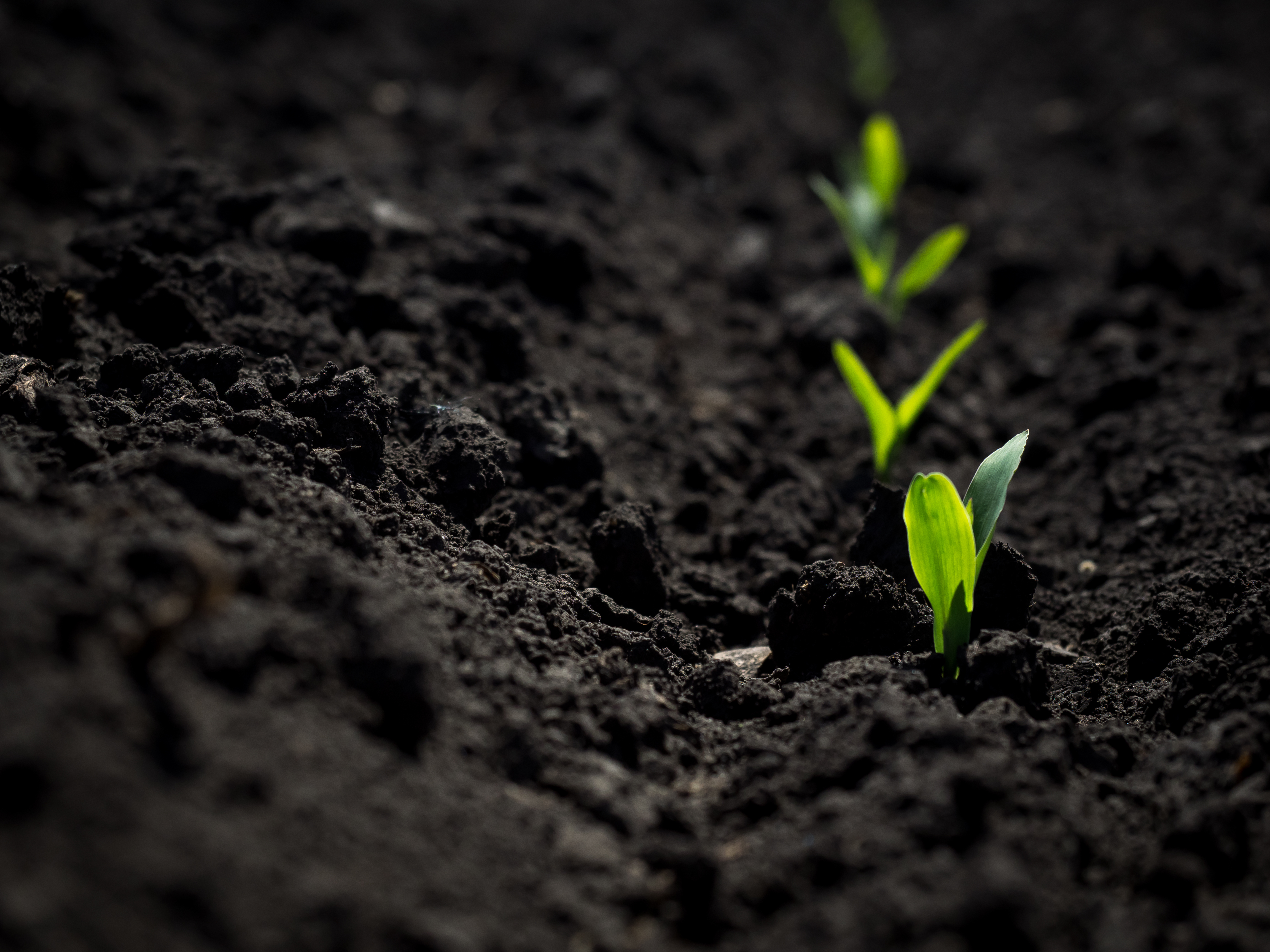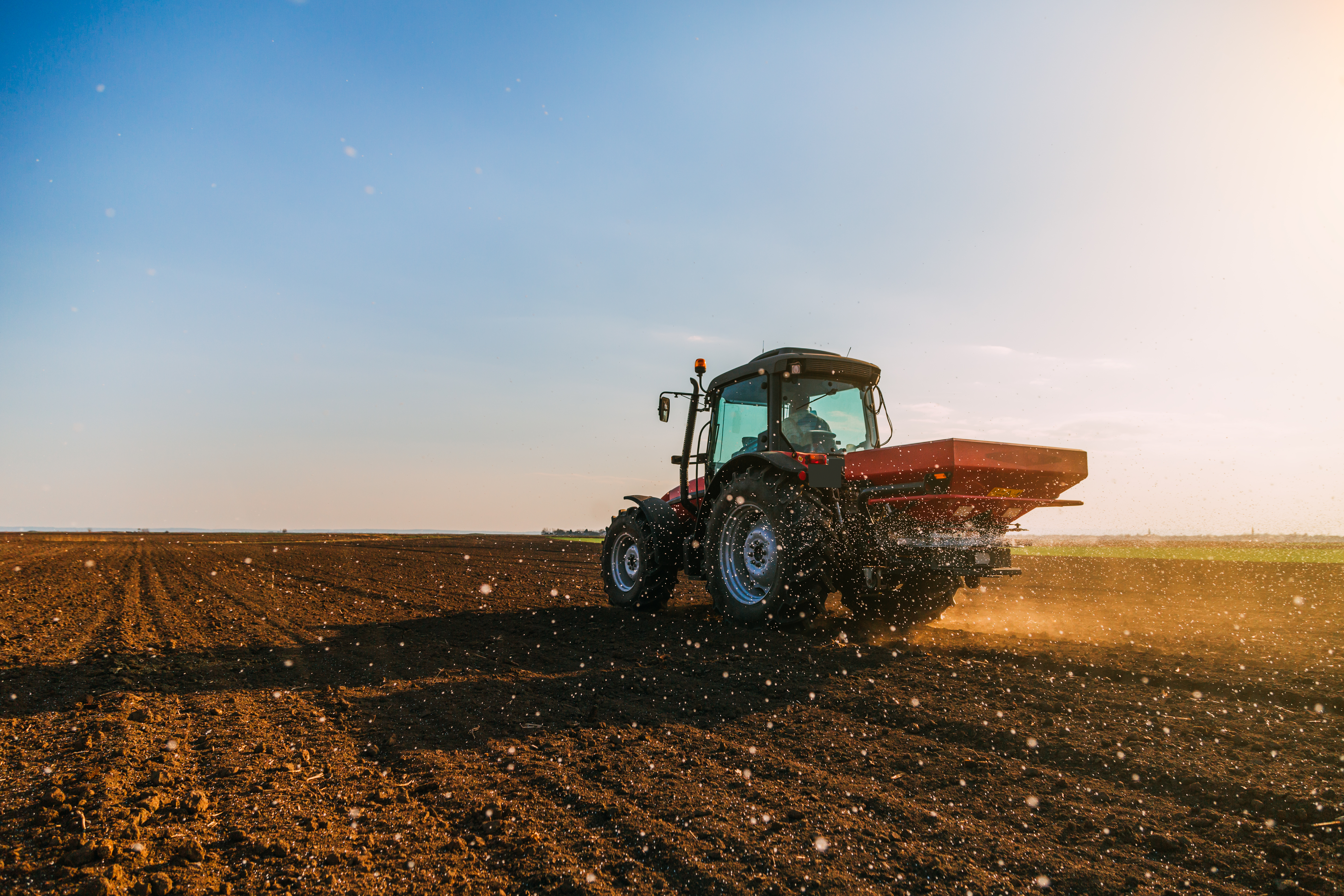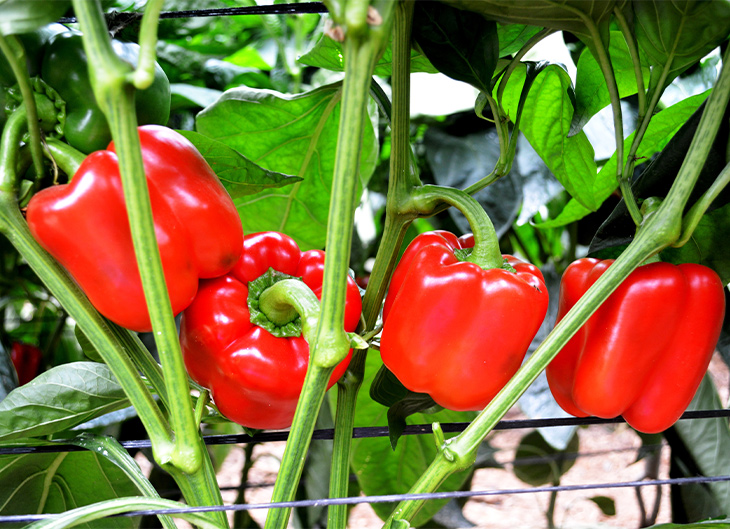
Results of the Almerian fruit and vegetable campaign 2019/2020
The Association of Fruit and Vegetable Producers of Almeria, COEXPHAL, has presented the balance of the fruit and vegetable campaign 2019/2020. It has been a rare and atypical campaign, but satisfactory because of the sector’s huge response to a situation as unusual as the COVID19 health crisis has been. Marketing has responded swiftly to the challenge of supplying vegetables throughout Europe. In fact, some products such as zucchini and aubergine have improved their numbers in the months of maximum condition.
This year’s average results differ very little from the 2018/2019 campaign: marketed production falls by 2% and prices increase by the same percentage. Comparing this campaign with the previous five prices is 1%, marketing has grown by 2%, and therefore revenues are up 1%.
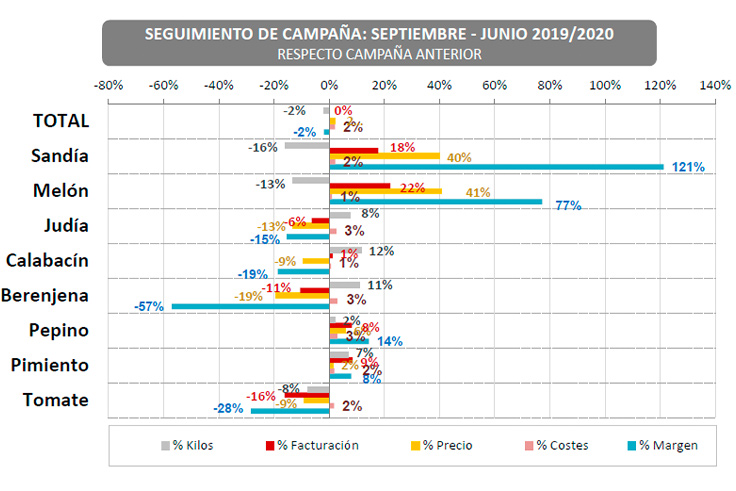
Source: COEXPHAL
If we talk about products, tomato is the main one harmed in this campaign: it continues its fall in production with 8% less compared to the last campaign and 14% less than the average of the last 5 years. Prices also fall 9% from the previous campaign. In fact, price instability and strong competition are two of the main reasons why it is being diverted to other crops.
Pepper continues another year with an upward trend: 16% increase in production compared to the last 5 campaigns and 7% compared to the last. Also, the price shows an increase of 2% in this cycle. It is important to note that in this campaign the marketing of pepper exceeds that of tomato.
Another product such as cucumber has increased prices by up to 6% due to the sharp rise in January and the stability it has maintained for the rest of the months. The variation in income is positive, with 8%.
In the case of aubergine there has been an increase in marketed production of 11%. It is also noteworthy that this product has been one of the few that has increased production and prices in the months of pandemic.
Courgette is one of the products that reflect the greatest changes, with production growth of 12% and falling prices by 9%. The most notable months were March and April.
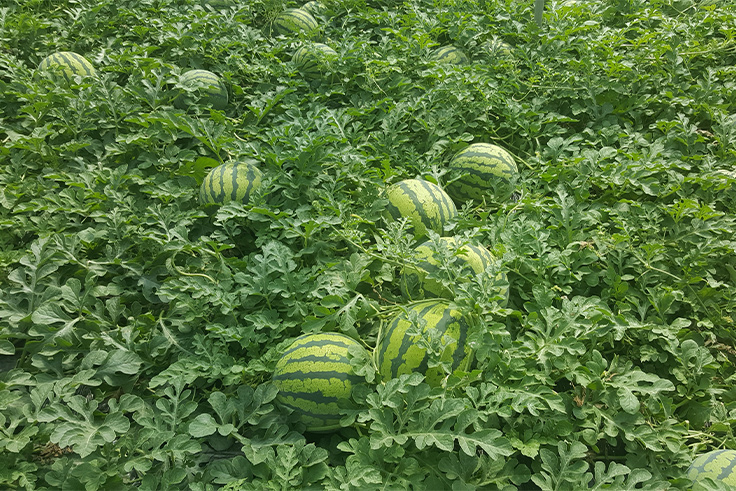
Moving to the fruit ground, we start by highlighting watermelon, which has reduced its offer by 16% which has affected prices that have increased by up to 40%. This has been due to a particularly cold spring that conditioned productivity in the countryside, coupled with an increase in temperature in Europe. This contrast is reflected in a 20% increase in revenue, doubling previous campaigns. Identical behavior has had melon, with a production drop of 13% but an upward selling price up to 40%.
The president of COEXPHAL, Juan Antonio González, has appealed to the unit of producers and marketers to collaborate and face new challenges that can reach and to maintain competitiveness in this key sector in our country and in Almería.

